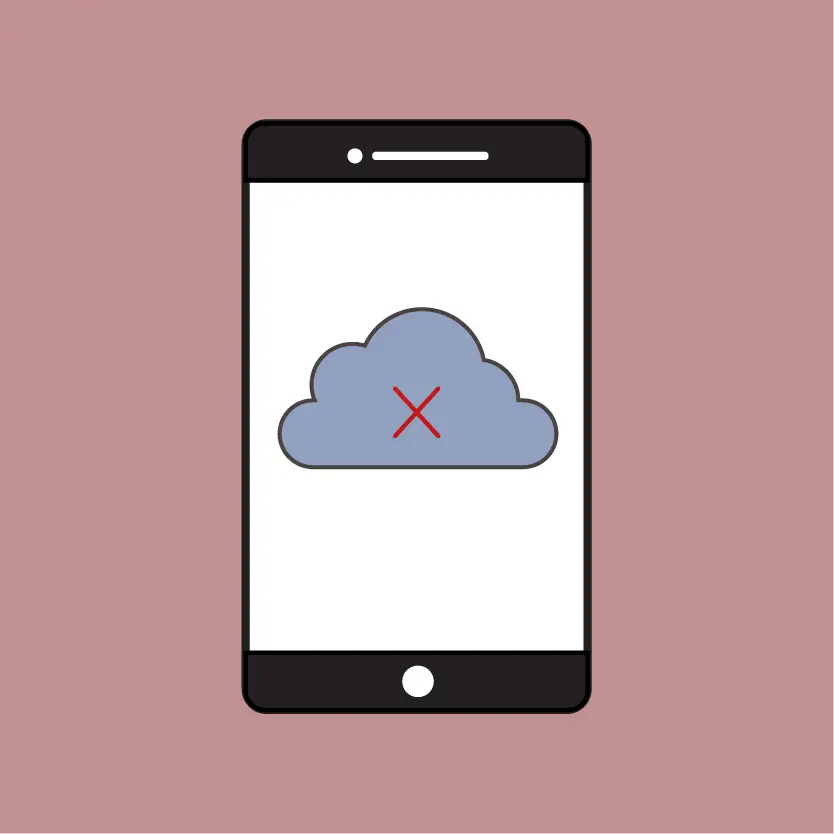Check out our White Paper Series!
A complete library of helpful advice and survival guides for every aspect of system monitoring and control.
1-800-693-0351
Have a specific question? Ask our team of expert engineers and get a specific answer!
Sign up for the next DPS Factory Training!

Whether you're new to our equipment or you've used it for years, DPS factory training is the best way to get more from your monitoring.
Reserve Your Seat TodayThere are four major categories of profit-eating problems in your network:
Next up? Let's talk about Service-Affecting Outages.

"Because we operate in a 911 environment, it is better to know early rather than later if something happens. If they're trying to dispatch Fire, EMS, or public safety to an event - and the microwave is down - it means the radios at that site can't be operated either."
-Fred Marvin, Steuben County Office of Emergency Services
While the first two causes we've talked about trigger increased costs, things are about to get much more interesting.
When you can't effectively monitor your network, you can't just write a bigger check to keep things running. When serious failures happen, that can actually disrupt your service delivery. This hurts revenue, incurs regulatory fines, or - in the case of public safety - puts lives at risk.
If you're in a competitive industry, it doesn't take much to upset your customers. This is magnified by the internet, where they can evaluate competing services and post negative online reviews about you.
Even in non-competitive industries, you're not immune. You may have to pay a contractual penalty if you have a service level agreement (SLA) with one of your business customers. If you can't keep up your side of the bargain (ex. 99.99% reliability), you may have pay back part or all of the premium they paid for dependable service.
If you're a natural monopoly (like a power utility), fines await you when you don't serve the public interest with adequate uptime.
Finally, public-safety radio systems and (to a lesser extent) general telephone services play a life-saving role during an emergency. If you can't keep your service online, you really can put lives at risk.
Even if it's more expensive overall than a service-affecting outage, waste on the cost side of your equation doesn't happen all at once.
Wasteful truck rolls eat a little piece of your budget each day. Power waste is similarly continuous. Even expensive equipment damage, which does happen all at once, is a fairly private event.
Service-affecting outages are dramatic public events. Customers get frustrated. Negative news reports are published. If there was loss of life, you can be deemed responsible - whether legally or in the court of public opinion.
This dynamic means that service-affecting outages are much more likely to trigger a dramatic response from your management. "Cleaning house" is a way to reassure the public that action is being taken.
You don't want your career to end prematurely during post-outage fallout. So, how can you ensure reliable uptime and protect yourself?
Unlike some of the other threats I describe in this book, "service-affecting outages" can have a wide variety of different causes.
All of those causes do, however, share a common root: poor visibility. You stand a good chance of stopping them if you just have good remote monitoring of some pretty basic things. Some of the most important items to monitor include:
So, what's next? Let's have a phone call to discuss all of the tutorial information I gave you above. I'll help you apply it a chart a way forward.
Give me a call at 1-800-693-0351 or email me at sales@dpstele.com to get started.

Andrew Erickson
Andrew Erickson is an Application Engineer at DPS Telecom, a manufacturer of semi-custom remote alarm monitoring systems based in Fresno, California. Andrew brings more than 19 years of experience building site monitoring solutions, developing intuitive user interfaces and documentation, and opt...